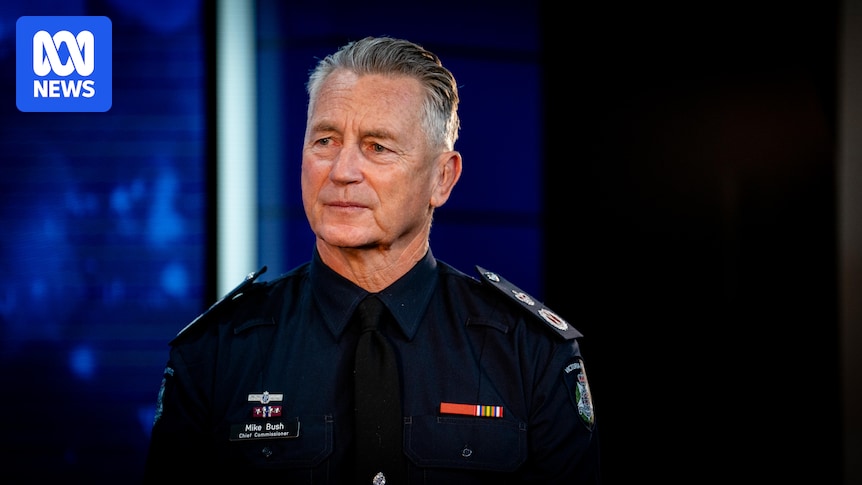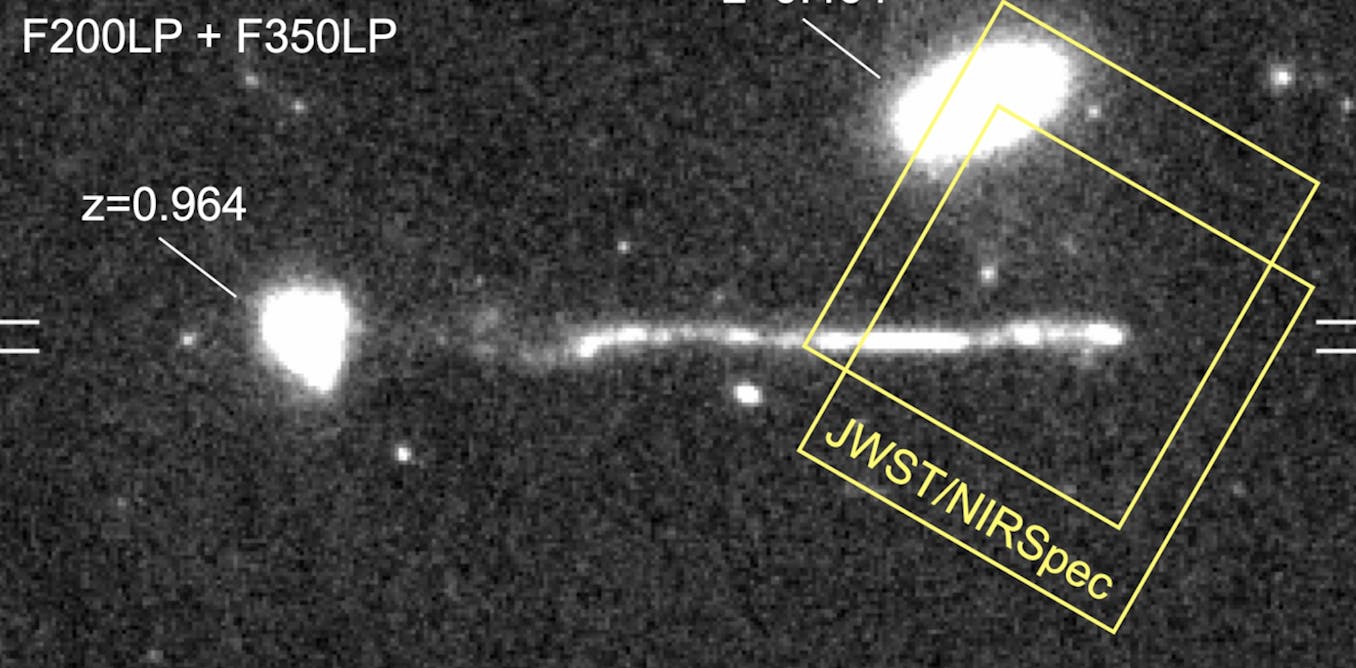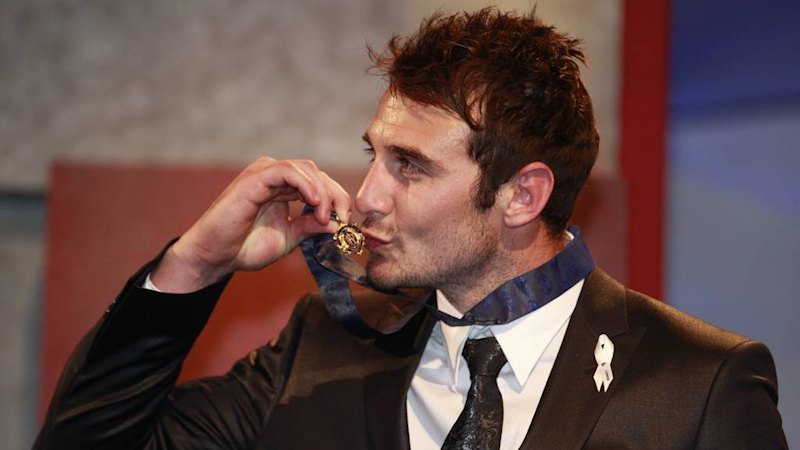
Victoria’s newly appointed Police Chief Commissioner, Mike Bush, has taken a firm stance against the implementation of a permit system for protests, emphasizing the importance of public freedom to demonstrate. This announcement comes at a time when public confidence in the police is waning, and crime rates in the state are at their highest since 2016.
In his first comprehensive interview since assuming the role, Chief Commissioner Bush acknowledged the growing public sentiment of insecurity, stating, “There’s too much crime out there.” His tenure begins amidst a tumultuous period for Victoria Police, marked by an ongoing tobacco war that has resulted in 140 firebombings.
Public confidence in the police has plummeted to a 14-year low, with only 61.9% of the population expressing trust in the force, falling short of the 82% target. “The data would definitely say that, and we’ve got to accept what the data tells us,” Bush remarked, underscoring the need for operational excellence across all facets of policing.
Rebuilding Trust and Tackling Crime
Mike Bush, a 42-year veteran of the New Zealand Police, brings with him a wealth of experience, having previously served as the commissioner. He is known for implementing a landmark crime-prevention model that emphasizes diversions and warnings for minor offenses. “We are, right now, considering our whole policing approach,” he stated, expressing a strong desire to introduce similar strategies in Victoria.
Bush’s approach to policing is comprehensive, focusing not only on prevention but also on effective response, investigation, and resolution of crimes. “It’s about getting the order right,” he explained, highlighting the importance of a balanced strategy.
Protest Freedom and Community Polarization
Addressing the contentious issue of protest permits, Bush firmly opposed the idea, which is already in place in New South Wales. “We’ve had a look to see if it will be effective, where we’ve landed is that it’s not worth bringing in,” he said.
The debate over protests has intensified in recent years, with events ranging from peaceful demonstrations supporting the Palestinian community to more volatile protests against lockdown measures. Bush noted the increasing polarization within the community, where extreme views are becoming more pronounced.
“If you feel strongly about something, we are there to keep you safe while you demonstrate that. But what we don’t want is extreme behavior that challenges the safety of other people,” Bush emphasized.
He further clarified that while Australians’ right to protest is implied in the constitution, it should not be used to justify extreme actions that threaten public safety.
Challenges and Strategies in Crime Prevention
The Allan government has been under pressure to address youth crime, leading to the introduction of a law reform package with tougher bail conditions. However, the government has retreated from its commitment to raise the age of criminal responsibility to 14, a move previously opposed by Bush’s predecessor.
While Bush refrained from taking a definitive stance on the age of criminal responsibility, he acknowledged the limitations of a prevention-led approach. “The bottom line is, we don’t want to see young people in prison, but some need to be there to protect the public,” he stated.
Recent crime statistics reveal a 17% increase in offenses, with youth crime reaching unprecedented levels. Bush aims to foster a unified culture within the police force to effectively tackle these challenges.
Addressing Internal and External Pressures
Victoria’s ongoing tobacco wars have further complicated the crime landscape, with 140 firebombings linked to Middle Eastern crime factions. Bush declined to comment on the deportation of alleged tobacco kingpin Kazem Hamad but highlighted the importance of international law enforcement collaboration.
Internally, the police force has faced low morale and high attrition rates, exacerbated by a no-confidence vote in former Chief Commissioner Shane Patton. Bush acknowledged the need to address bureaucratic frustrations and committed to upgrading technology for officers within the next year.
“I’m not going to be embarrassed to say that the New Zealand police are a long way ahead,” he admitted, emphasizing the value of learning from their technological advancements.
Wayne Gatt, Secretary of the Police Association of Victoria, expressed optimism about Bush’s leadership, citing his reputation for listening to officers and prioritizing crime prevention. “We think, given the challenges we currently face in policing in this state, that these virtues will be invaluable in the fight to win back Victoria,” Gatt stated.
As Bush settles into his new role, his focus remains on rebuilding public trust and ensuring the safety of Victorians through a balanced and effective policing strategy.







